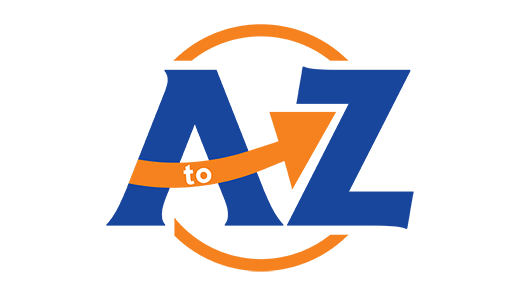25 Mar Why Only a Very Few Startups Hit the 1 Million Dollar Mark
The data shows that ONLY 4-5% of startups hit $1 million in annual revenue within their first five years. Scaling to 1 million requires developing some unique competencies that most business schools don’t teach.
These 4 – 5% startups have founders who think, decide, and act strategically.
The overwhelming majority of startups that struggle and fail within a few years are prone to staying tactical:
1. Immediate needs,
2. Fierce competition in the start-up space, and
3. Daily emergency situations bog them down, not giving them enough brain space, time, and attention to become strategic.
Those few successful startups began their journey by:
1. Thinking critically and strategically,
2. Crafting a strategic plan, and
3. Identifying clear implementation strategies.
I’m not talking about conventional strategic plans that EAT DUST. I’m talking about LIVE strategic plans that DELIVER RESULTS.
Reach out offline, and I’ll share the outline we use as we coach and consult our clients to develop a practical strategic plan.
You can immediately see that it isn’t something you Google or ask AI. It is very practical and forces you to think critically, strategically, and creatively. It enables you to recognize your competitive advantages and come up with a few strategies that will position you to:
1. Leverage your strengths,
2. Overcome your limitations,
3. Tap into opportunities that you thought didn’t exist, and
4. Mitigate immediate and long-term pending risks…
Most startups become so tactical that they pass the strategic planning part and go tactical and craft a business plan. There are two seemingly justifiable reasons why they do that:
1. Strategic planning is costly. You may need to bring 5 – 10 key leaders, disconnect them from the busy world, hire a strategic planning facilitator like myself (who excels in using diverse brainstorming tools, gives you some new perspectives, plays the devil’s advocate, helps you connect dots, stay strategic, etc), and go all in for 2 – 3 days (preferrably offsite) to think strategically and come up with implementation strategies, KPIs, and systems to track progress, and measure success. As you can see, the cost could easily hit tens of thousands.
On the other hand, you can hire a freelancer to do some competition research, marketing, sales, and price strategies, and financial projections. This may cost from 5, 000 – 10, 000 USD.
2. Many startups need capital, and investors demand a business plan. Successful startups use the strategic plan as a key input for the business planning process. They use the strategic plan to guide them in the medium and long term while the business plan directs their team to execute in 1 – 3 years frame.
Of course, savvy investors:
1. Seek to review both,
2. Ask thoughtful questions, and
3. Can smell from a mile if these artifacts were ‘cooked’ by an amateur and/or cheap freelancers…
To learn more about our approach in this regard, check this page:https://theatozinstitute.com/critical-and-strategic-thinking-offer

